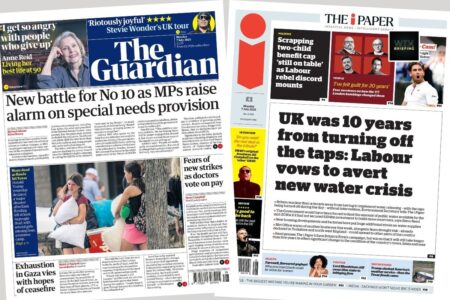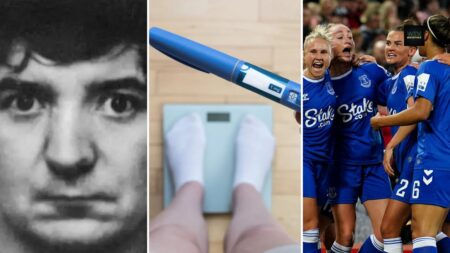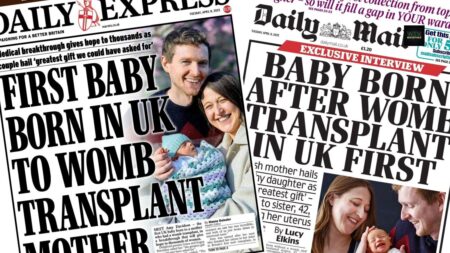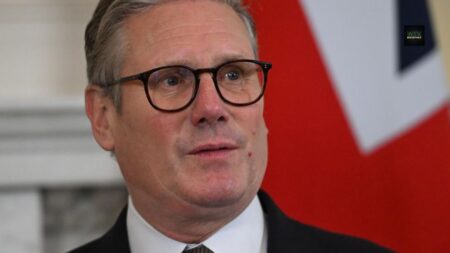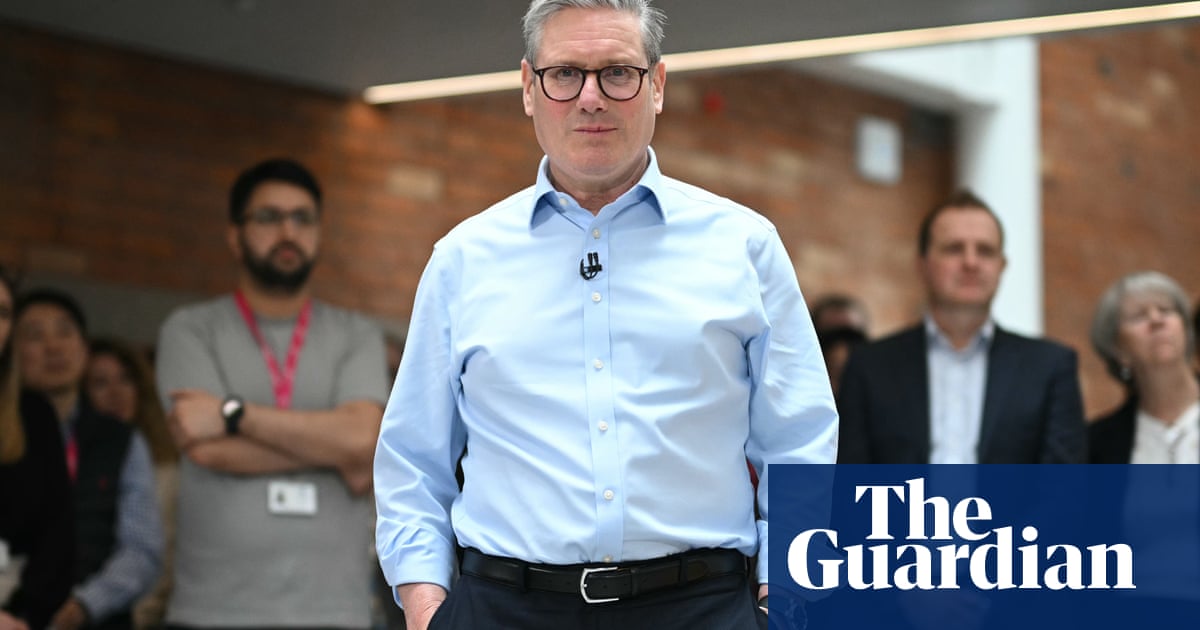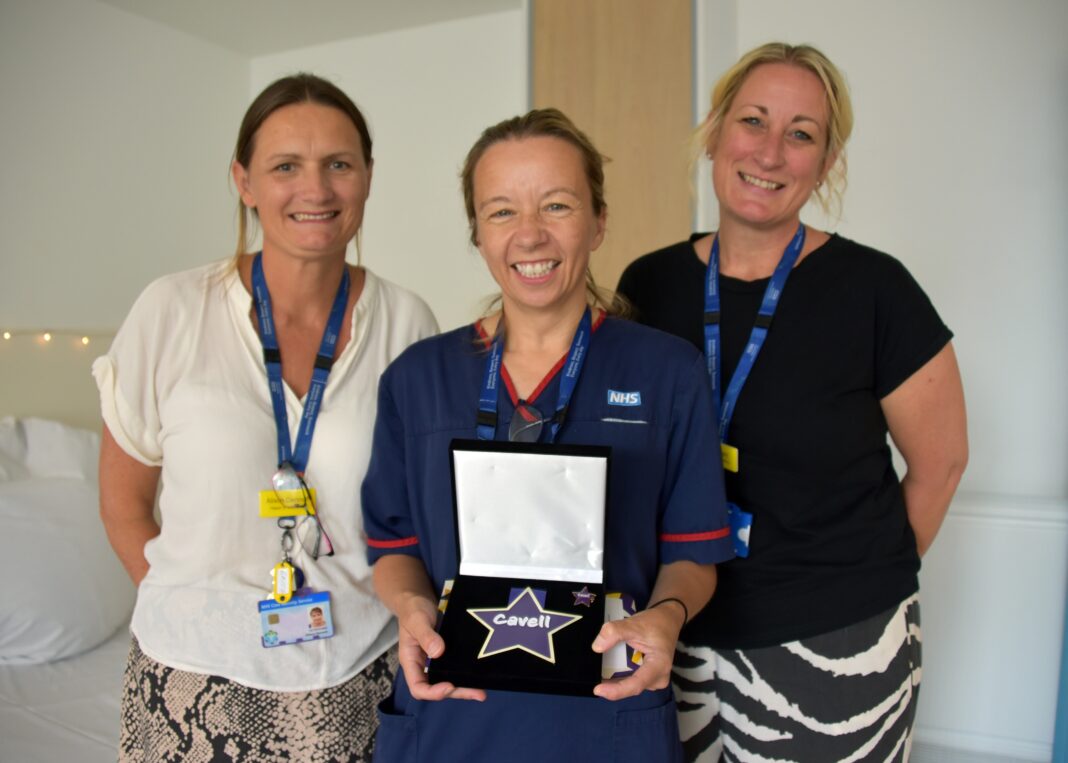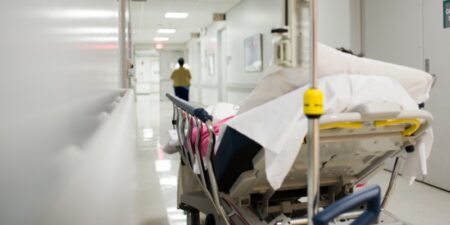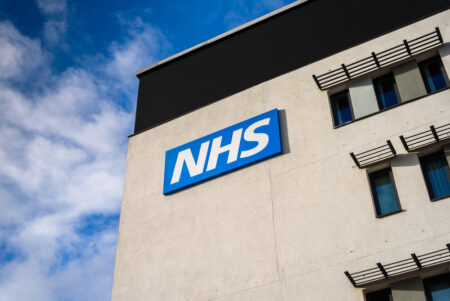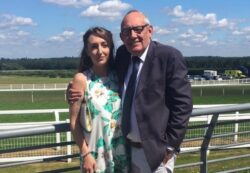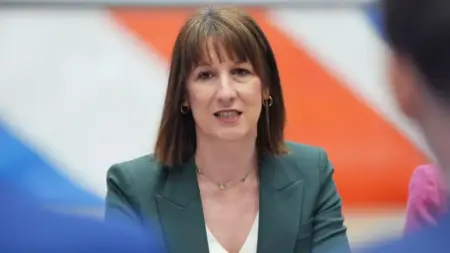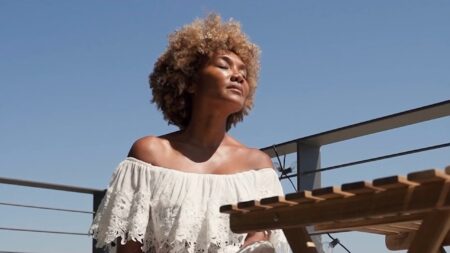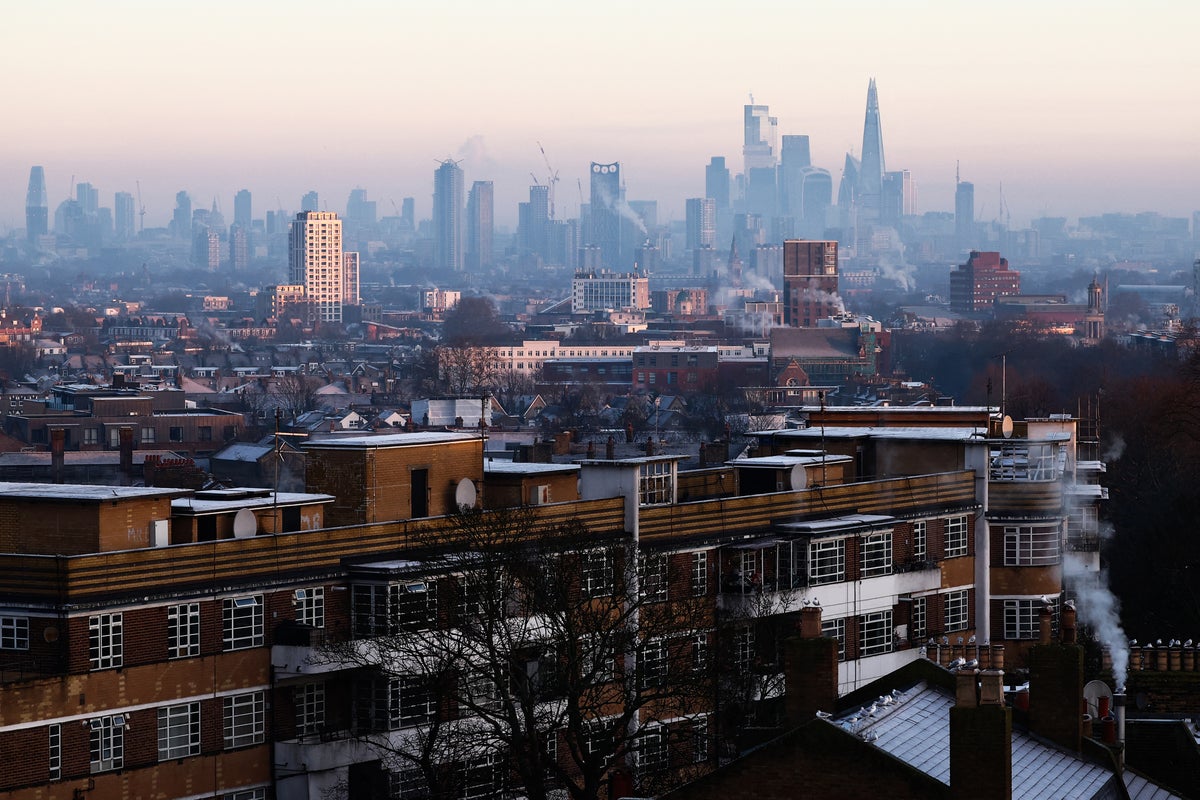Monday’s headlines won’t be an easy read for No 10 as the newspapers suggest the PM is facing a fresh revolt. One newspaper suggests the Labour Party is willing to explore a wealth tax, but it appears more like an attempt to alarm its readers than a truth with any legs.
The prime minister’s plans to revive the NHS may face some early teething problems, as NHS doctors could strike this summer if they don’t receive a pay rise.
Monday marks the 20th anniversary of the July 7 terror attacks across London, and several of the tabloids lead with tributes to the victims and speak to survivors.
Images from Wimbledon feature on the front pages, as do images from the tragedy in Texas.
Browsing: NHS
The National Health Service (NHS) is the umbrella term for the publicly-funded healthcare systems of the United Kingdom (UK).
Check out our latest coverage of NHS stories and news.
Dame Emma Thompson advocates for sex positivity, suggesting that sexual health should be included in NHS health plans, highlighting its benefits for overall well-being.
Cliff Notes Reeves hands NHS £29bn extra per year and pledges to end asylum hotels Day-to-day spending on the NHS will increase by £29bn a…
An NHS trust was acquitted of corporate manslaughter following the death of 22-year-old Alice Figueiredo at Goodmayes Hospital, but was found guilty of failing to ensure health and safety for non-employees.
Cliff Notes Recent cyberattack exposes NHS trusts, specifically University College London Hospitals and University Hospital Southampton, raising concerns over the security of patient data. Hackers…
Much of Wednesday’s headlines are dominated by the news that a man – convicted of the horrific murder of Diane Sindall in 1986, has finally been cleared and freed after new DNA evidence ruled him out.
Peter Sullivan has spent nearly 40 years behind bars in what is believed to be the longest miscarriage of justice involving a living prisoner in British legal history.
A new study has highlighted the benefits of weight-loss drugs beyond tackling obesity in the UK – other benefits include halving the risk of heart attacks and strokes and appearing to protect the heart almost immediately.
Assisted dying is also dominating the UK news this morning with GPs deeply divided on the issue. It comes after the Scottish assisted dying bill passed its first vote at Holyrood.
On the international front, Donald Trump has announced he will lift sanctions on Syria – as he embarks on a whirlwind tour of the Middle East, aimed at securing deals for the US and his private businesses.
The NHS is considering making available weight loss jabs over the counter. The new scheme is part of Britain’s plan to tackle obesity.
The government received pay rise recommendations from the independent review body, suggesting increases of nearly 4% for teachers and 3% for NHS workers, exceeding the current 2.8% offer.
Cliff Notes – Presenter declares himself a ‘lucky boy’ after devastating cancer diagnosis Nick Owen, diagnosed with aggressive prostate cancer in April 2023, has shared…
Cliff Notes Health Secretary Wes Streeting is exploring the implementation of “health MOTs” for older citizens in the UK, inspired by Japan’s personalised medical plans…
Joshua Carroll, who murdered Headley Thomas, had escaped from Greater Manchester Mental Health Trust’s care 21 times, raising serious concerns among his family about the unit’s security.
Several of the UK newspapers reported on the story of a British woman who gave birth to a baby girl after a womb transplant. Grace Davidson, 36, was born without a functioning uterus and received her sister’s womb in 2023. It marks the UK’s first successful womb transplant.
Monday’s headlines continue to report on the backlash of the US tariffs – announced last week – that’s sparked a massive stock market sell-off and fears of a looming global recession.
The prime minister has promised to “shelter British business from the storm” expected from Donald Trump’s sweeping tariffs. The government has stepped in to help the British car industry (amid 25% car tariffs) by making the rules on manufacturers going all-electric more flexible.
Elsewhere, as of next month, health workers will go door-to-door under new plans to tackle sickness rates across England.
The UK weather continues to dominate the headlines as wildfires broke out across Scotland and Northern Ireland over the weekend after temperatures soared.
In sports, there is continued coverage of the weekend’s Premier League action, including Liverpool’s unbeaten run being ended by Fulham, a drab performance between Man Utd and Man City and Southampton being relegated.
Nottingham attacks wouldn’t have happened if authorities if had listened. The NHS trust that failed to stop the killer behind the Nottingham attacks in June 2023 has been accused of failing other victims. In August 2022, Brenton Marriott was stabbed to death by his son Rudi at their home in Nottingham.
Cliff Notes Keir Starmer has abolished NHS England to return oversight of the health service to ministers, aiming for greater accountability and reduced bureaucracy. The…
Cliff Notes Sir Keir Starmer’s decision to abolish NHS England aims to eliminate bureaucratic duplication and restore direct democratic control over NHS management, with a…
Cliff Notes NHS England to be scrapped with management of health service returning to government, Starmer says The administrative body NHS England which runs the…
Cliff Notes Pip Quinn, a midwife at Musgrove Park Hospital, has been awarded the national Cavell Star Award for exceptional care provided to families, including…
The UK was once ranked the best country in the world for end-of-life care, in fact the NHS was the envy of the world -…
Good Morning, Britain! Much of the UK is set for another lovely, sunny day – we hope you can make the most of it, as wet weather is on its way next week.
EU leaders are gathering in Brussels today for a special council on defence. It comes amid heightened tensions in the region, with Macron warning the continent was at a “turning point of history.”
Closer to home, one of the most interesting stories reports that, for the first time, female doctors outnumber male doctors in the UK.
Despite advancements in palliative care, experts warn that many terminally ill patients in the UK face inadequate support, often leading to unnecessary hospitalisations. The Real…
The Treasury plans to announce substantial spending cuts to realign public finances ahead of the Spring Statement. Escalating borrowing costs attributed to global economic conditions…
An autistic woman with a learning disability was wrongly locked up in a mental health hospital for 45 years, starting when she was just seven…
A recent survey indicates that seven in ten healthcare workers have encountered patients struggling to pay their energy bills. This finding highlights the growing concern…
Wes Streeting will axe thousands of jobs at NHS England after his ousting of its chair and chief executive in what health service staff fear…

